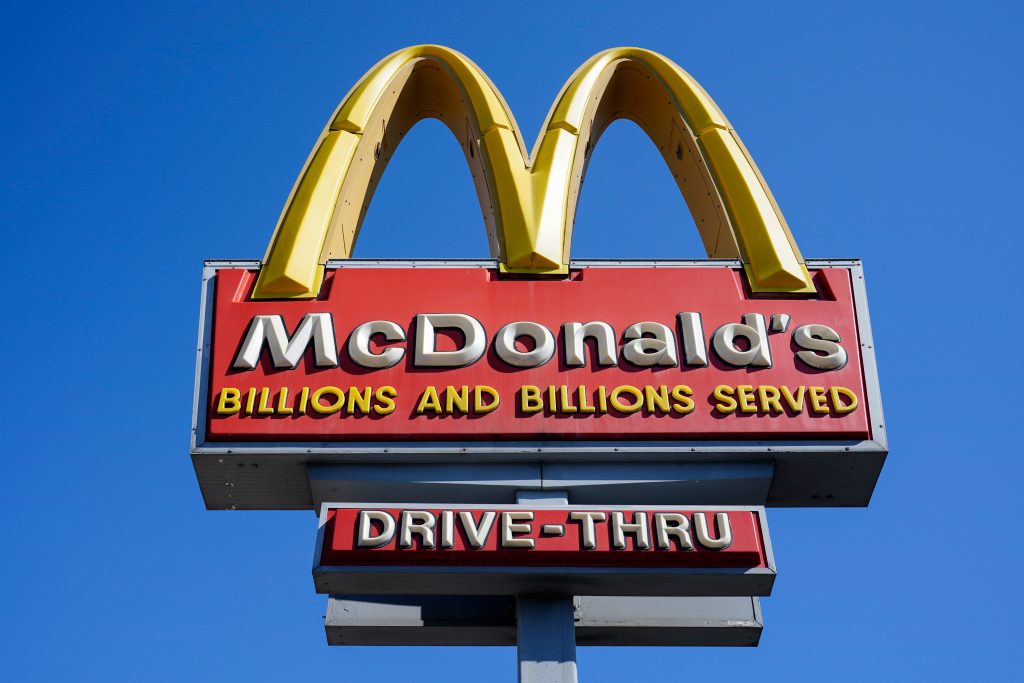- McDonald's is reopening some of its restaurants in western Ukraine and in the country's capital, Kyiv.
- The restaurant chain closed in Ukraine after Russia invaded the country almost six months ago.
- Ukraine's economy is expected to shrink by 35% this year, according to the International Monetary Fund.
McDonald's is reopening some of its 109 restaurants in Ukraine's capital, Kyiv, and in western Ukraine in the next few months.
After Russia invaded Ukraine almost six months ago, the burger chain closed its restaurants in Russia after being in the country for over 30 years. McDonald's also closed its restaurants in Ukraine, but continued paying its 10,000-plus Ukrainian employees, the Associated Press reports.
According to AP, the restaurant didn't specify how many stores it would reopen, or when and where it would reopen them, but said it's going to start preparing and supplying stores, bringing back employees – and establishing safety procedures since the war is still happening, mostly in the eastern part of the country.
"We've spoken extensively to our employees who have expressed a strong desire to return to work and see our restaurants in Ukraine reopen," corporate senior vice president of international operated markets, Paul Pomroy, told employees. "In recent months, the belief that this would support a small but important sense of normalcy has grown stronger."
The war in Ukraine has devastated the country's economy. Ukraine's economy is expected to shrink by 35% this year, according to the International Monetary Fund. Other western businesses have already reopened in Kyiv, including Nike and KFC, the news service reported.
In May, McDonald's announced it was selling its nearly 850 Russian restaurants to Alexander Govor, a Russian businessman who was already running 25 McDonald's restaurants in Siberia. The former McDonald's restaurants are reopening as Vkusno i tochka, or, "Tasty and that's it."
Kevin Ozan, CFO of McDonald's, said closing its restaurants in Russia has actually helped the overall business.
"The Russia business ... actually had an operating margin below our global average," Ozan told investors. "So, by taking them out now actually helped improve the operating margin."
